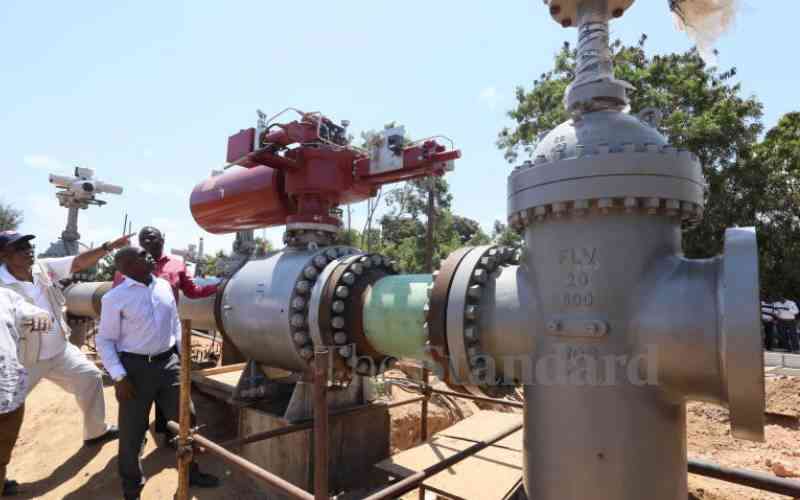×
The Standard e-Paper
Kenya’s Boldest Voice

The Kenya Pipeline Company (KPC) is planning to build another petroleum products pipeline between Mombasa and Nairobi barely four years after the commissioning of the line that currently moves fuel between the two cities.
The company said on Wednesday, September 7, growing demand for petroleum products in Kenya and the region is causing a strain on the pipeline that started operations in 2018 and necessitating more investments including the construction of another line and increasing capacity at its inland depots.